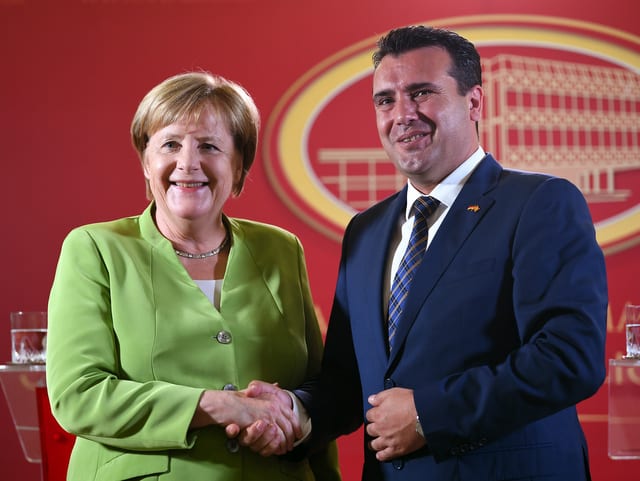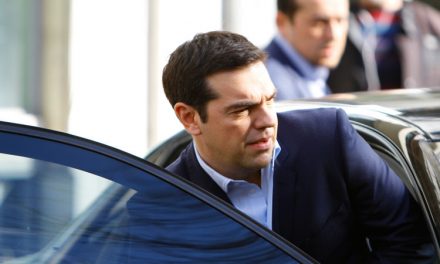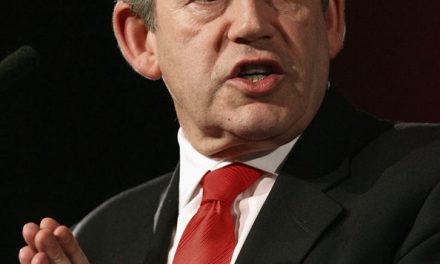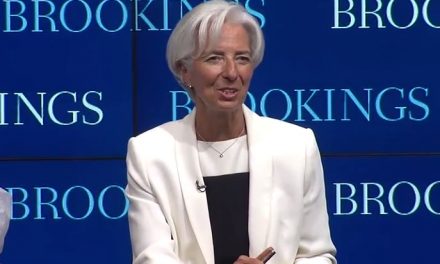During her visit to Macedonia on Saturday, German Chancellor Angela Merkel voiced strong support for Macedonia’s efforts to ensure a successful referendum on the historic ‘name’ agreement with Greece.
German Chancellor Angela Merkel urged Macedonians to seize the opportunity for a breakthrough in the country’s Euro-Atlantic perspective and take part in the forthcoming September 30 referendum on the “name” agreement with Greece.
“Do not stay at home on September 30, on this historic day,” Merkel said at a joint press conference with Macedonian Prime Minister Zoran Zaev.
“Seize the chance and state clearly what kind of future you want to have,” Markel said.
If the vote goes in favour of the agreement with Greece to change Macedonia’s name, it would remove the biggest obstacle on the country’s Euro-Atlantic path.
Merkel’s arrival on September 8 had added symbolism.
She arrived during Macedonia’s Independence Day, when, 27 years ago, citizens voted in another historic referendum for the country to become independent from the former federation of Yugoslavia.
Under the deal with Greece, signed this summer, Macedonia agreed to change its name to the Republic of North Macedonia, while Greece agreed to lift its long-standing veto on Macedonia’s NATO and EU integration.
But for the deal to end the two countries’ dispute to be fully implemented, Macedonians must show they support it in a referendum, which is due to be held on September 30.
“This was a dispute between your country and Greece and a solution had to be found. Thus, the name issue and the membership issue are interconnected,” Merkel explained.
During her stay, Merkel did not meet Macedonia’s President, Gjorge Ivanov, a bitter opponent of the “name” deal.
However, she met the right-wing opposition VMRO DPMNE party leader, Hristijan Mickovski, who is also against the agreement.
His party has so far failed to clearly state whether it will call on its supporters to participate in, or boycott the referendum, which may prove crucial for meeting the required referendum turnout of more than 50 per cent of the voters.
Deepening economic cooperation was the second issue being discussed.
At a press conference Merkel confirmed that Germany is sending an economic advisor to help the Macedonian government as part of its efforts to strengthen the local economy and its ties to Berlin.
Germany is the biggest economic partner of Macedonia and 47 per cent of Macedonia’s exports go to Germany. The economic exchange with Germany is worth 3.6 billion euros with a tendency to grow.
While in Macedonia, Merkel was accompanied by Germany’s Foreign Minister, Heiko Maas, and the Defence Minister, Ursula von der Leyen.



















